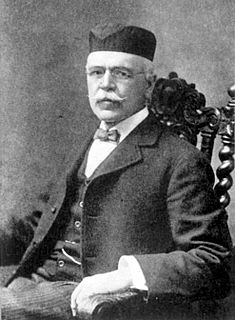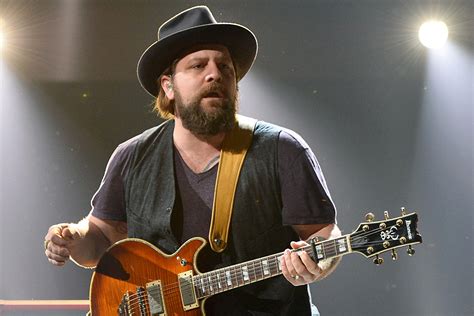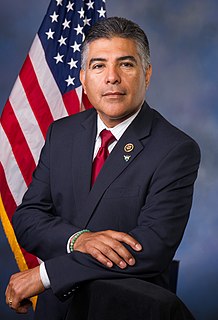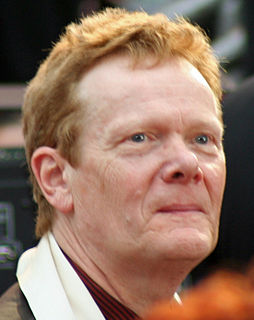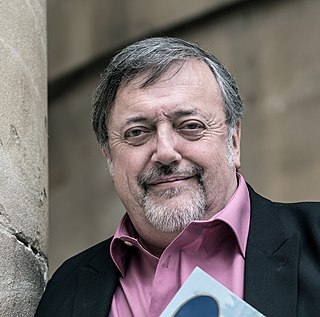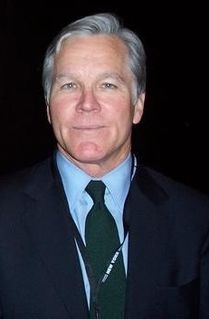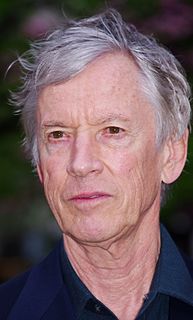A Quote by Santiago Calatrava
In my opinion, as an engineer, a bridge is the most difficult thing you can do. You are not working in the direction of gravity but against it - so the problem opposes the solution.
Related Quotes
The solution to a problem - a story that you are unable to finish - is the problem. It isn't as if the problem is one thing and the solution something else. The problem, properly understood = the solution. Instead of trying to hide or efface what limits the story, capitalize on that very limitation. State it, rail against it.
A railroad may have to be carried over a gorge or arroya. Obviously it does not need an Engineer to point out that this may be done by filling the chasm with earth, but only a Bridge Engineer is competent to determine whether it is cheaper to do this or to bridge it, and to design the bridge which will safely and most cheaply serve.
Thus you see, most noble Sir, how this type of solution to the Königsberg bridge problem bears little relationship to mathematics, and I do not understand why you expect a mathematician to produce it, rather than anyone else, for the solution is based on reason alone, and its discovery does not depend on any mathematical principle.
No matter how clear things might become in the forest of story, there was never a clear-cut solution, as there was in math. The role of a story was, in the broadest terms, to transpose a problem into another form. Depending on the nature and the direction of the problem, a solution might be suggested in the narrative. Tengo would return to the real world with that solution in hand. It was like a piece of paper bearing the indecipherable text of a magic spell. It served no immediate practical purpose, but it contained a possibility.
There are many actresses that are working longer, because until you change the playing field and make it economically stronger for women, it's very difficult to say no to somebody when that's your only gig. If you're a producer, or if you have more power, you're going to be in a position to know that if you burn that bridge, there'll still be this bridge open. But still - when people ask me 'do you think your politics have decreased your chances of working, I say: 'In Hollywood, most of the prejudice has to do with if you're old or fat.' Power can't forgive that".
Markets are not, in my opinion, a full solution to any problem. The obvious problem they don't meet is the concerns of the welfare of individuals who may get lost in the operation of the system - the distributional question. We've seen this growing as we go further and further toward a market ideology in the United States and the United Kingdom. We've seen a decline in the welfare of the working poor, leaving aside any other pathologies, just the working poor, a very distinct increase at the very top levels.


